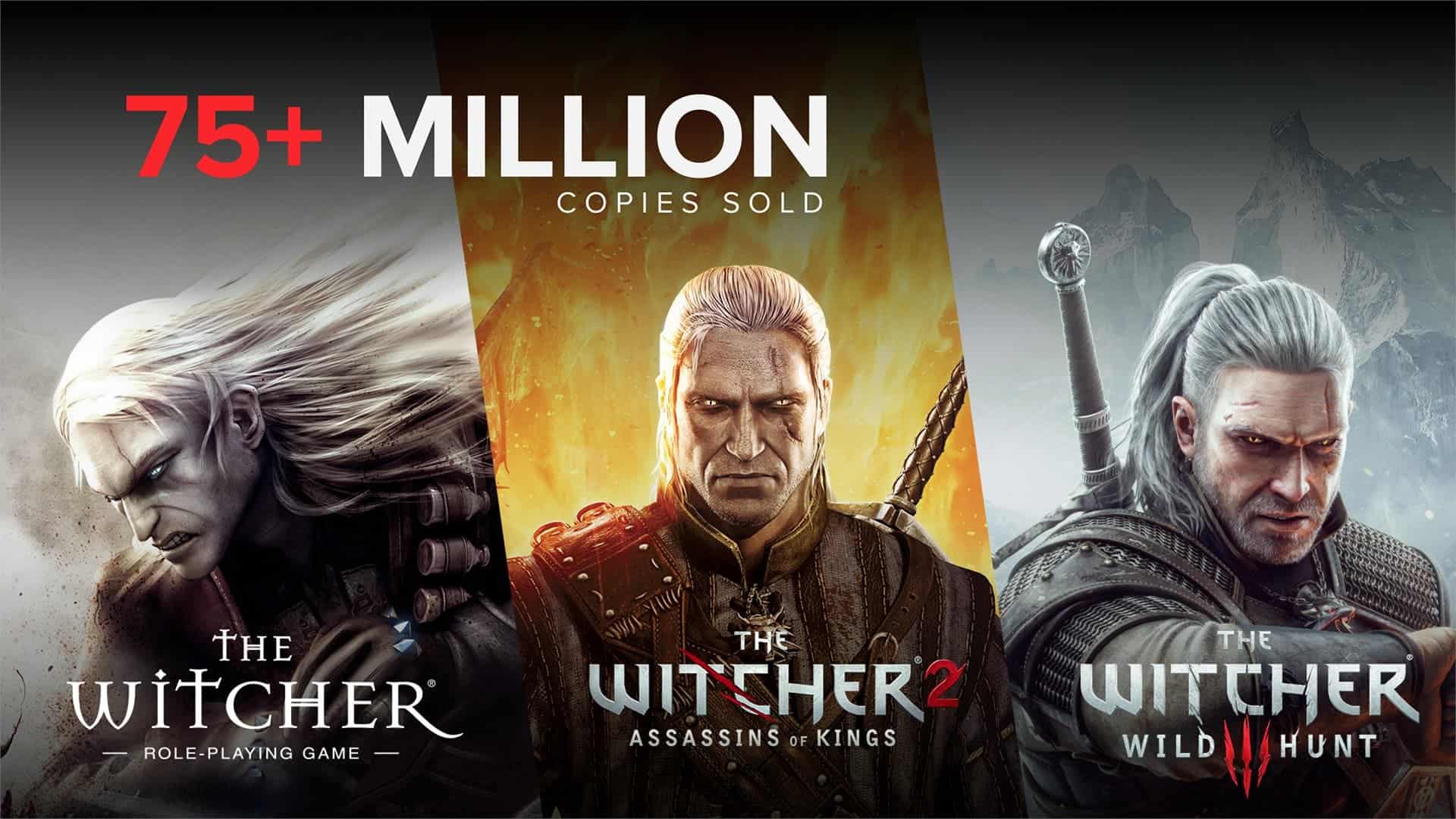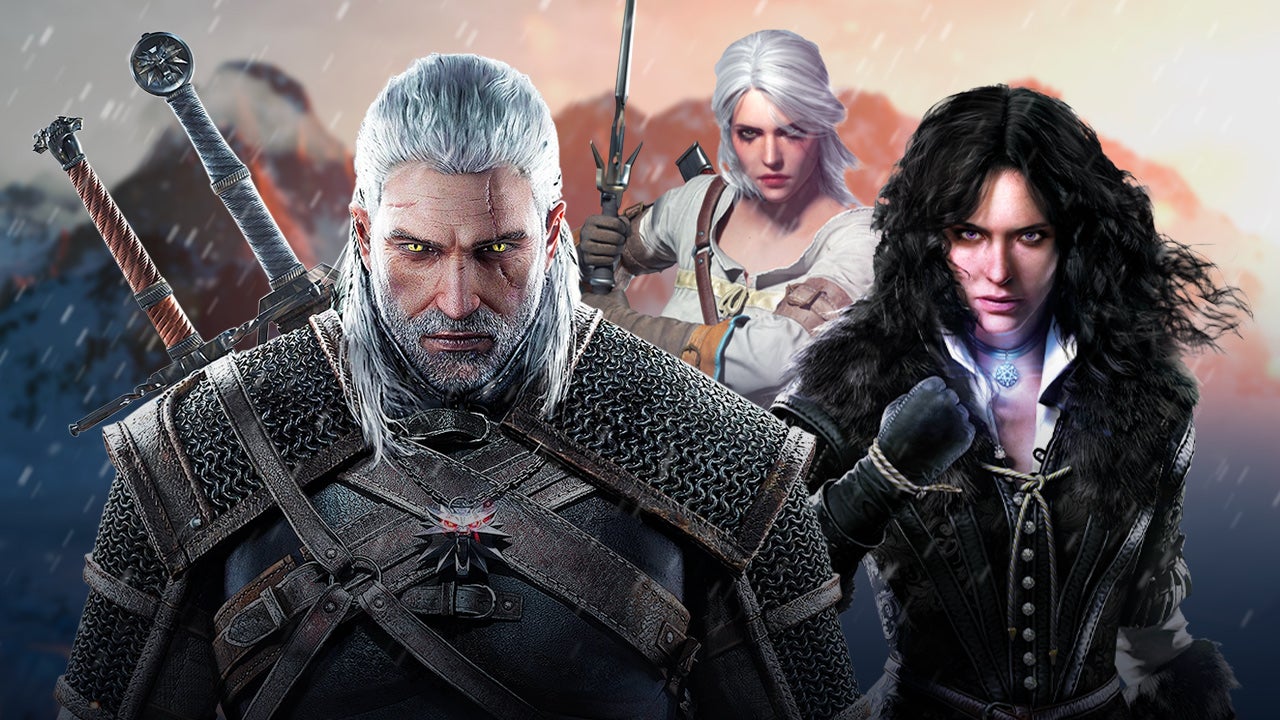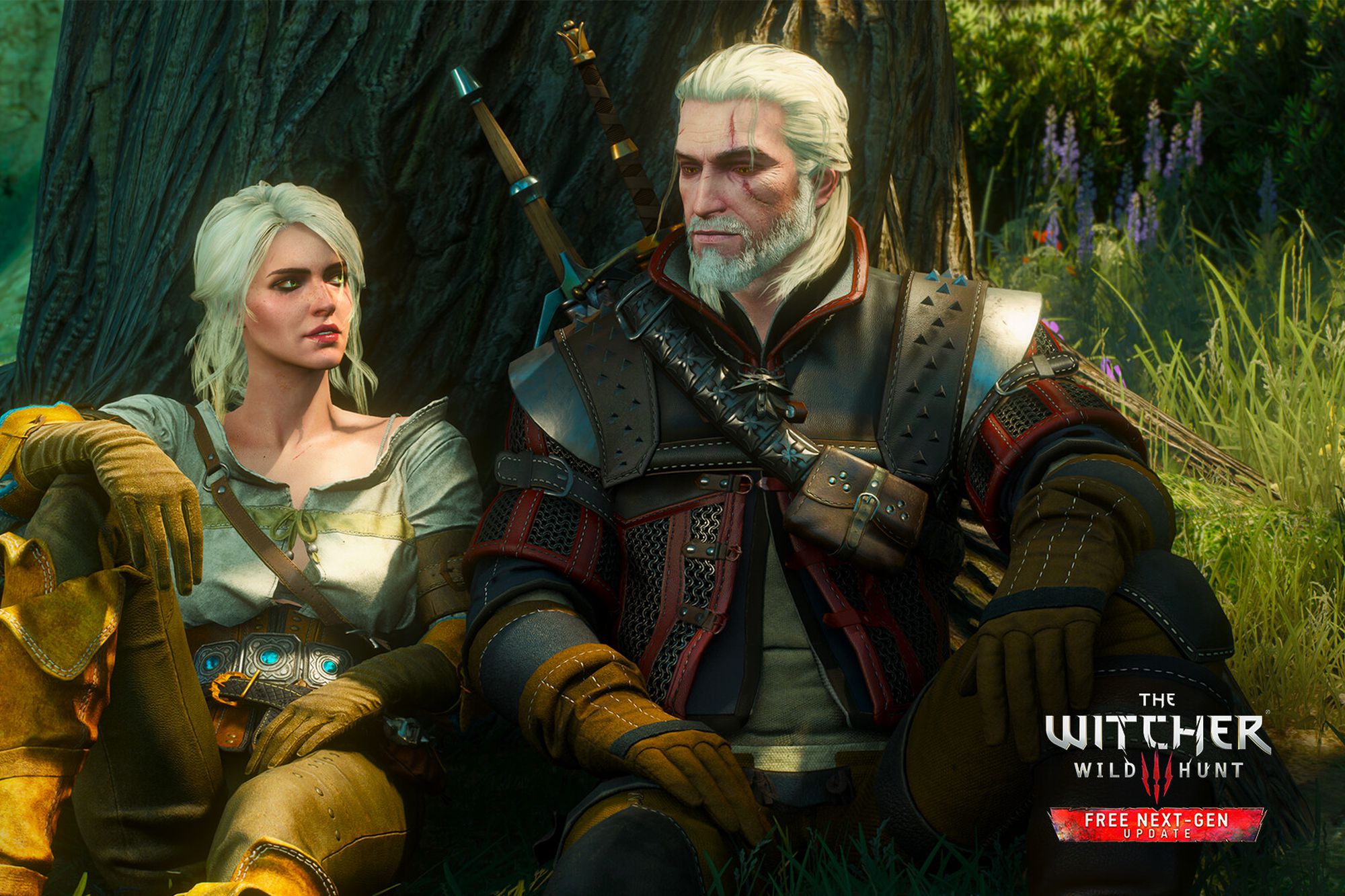THE WITCHER GAME: “The Witcher” is a popular action role-playing game (RPG) series developed by CD Projekt. The series is based on the book series of the same name by Polish author Andrzej Sapkowski. As of my last knowledge update in January 2022, there were three main games in The Witcher series:
- The Witcher (2007): This is the first game in the series and introduces players to Geralt of Rivia, a monster hunter for hire, known as a Witcher. The game features a non-linear story with multiple endings and a complex, morally gray world. Players can make choices throughout the game that affect the narrative.
- The Witcher 2: Assassins of Kings (2011): The sequel builds upon the first game’s foundation, offering improved graphics, a more complex narrative, and a branching storyline based on the player’s choices. Once again, players control Geralt as he investigates political intrigues and faces formidable enemies.
- The Witcher 3: Wild Hunt (2015): Widely considered one of the greatest RPGs of all time, The Witcher 3 takes the series to an open-world setting. The game features a massive and detailed open world, engaging characters, and a gripping narrative. Geralt searches for his adopted daughter, Ciri, who is pursued by the Wild Hunt, a group of otherworldly riders. The game received critical acclaim for its storytelling, graphics, and open-world design.
In addition to the main trilogy, there are also expansions for The Witcher 3, namely “Hearts of Stone” and “Blood and Wine,” which add new quests, characters, and locations to the game.

The Witcher game series is based on “The Witcher” book series written by Polish author Andrzej Sapkowski. The first game, simply titled “The Witcher,” was developed by CD Projekt RED and published by CD Projekt. Here’s a brief history of The Witcher game series:
- The Witcher (2007):
- Released for Microsoft Windows in October 2007.
- The game is set in a dark fantasy world and follows Geralt of Rivia, a monster hunter for hire known as a Witcher.
- Players control Geralt as he navigates a nonlinear story filled with political intrigue, moral ambiguity, and choices that impact the game’s outcome.
- The game was praised for its deep narrative, complex characters, and choices affecting the storyline.
- The Witcher 2: Assassins of Kings (2011):
- Released for Microsoft Windows in May 2011, later followed by versions for Xbox 360 and macOS.
- The sequel features improved graphics and a more complex narrative with branching storylines based on the player’s choices.
- Players continue to control Geralt as he investigates political conspiracies and faces powerful adversaries.
- The game received acclaim for its storytelling, visuals, and player choice impact.
- The Witcher 3: Wild Hunt (2015):
- Released for Microsoft Windows, PlayStation 4, and Xbox One in May 2015, with later releases for Nintendo Switch in 2019.
- This installment takes The Witcher series into an open-world setting, featuring a massive and detailed world for players to explore.
- Geralt searches for his adopted daughter, Ciri, pursued by the mysterious Wild Hunt.
- The game received widespread critical acclaim for its expansive open world, engaging narrative, and attention to detail.
- Expansions for The Witcher 3: Wild Hunt:
- “Hearts of Stone” (2015) and “Blood and Wine” (2016) are two expansions that added new quests, characters, and regions to The Witcher 3.
- “Hearts of Stone” explores the story of a cursed man, while “Blood and Wine” takes Geralt to the picturesque region of Toussaint.
- Spin-Offs and Adaptations:
- CD Projekt also released a standalone digital card game based on The Witcher series called “Gwent: The Witcher Card Game.”
- The success of The Witcher games contributed to the creation of “The Witcher” TV series on Netflix, which premiered in December 2019.
The Witcher game series has had a significant impact on the RPG genre, with its mature storytelling, complex characters, and player choices. The series has gained a dedicated fan base and has played a crucial role in establishing CD Projekt RED as a prominent game developer.

How To Play The Witcher Game
Playing “The Witcher” game involves several key elements, such as exploration, combat, decision-making, and character development. Here’s a general guide on how to play “The Witcher” game:
1. Installation:
- Install the game on your platform of choice (PC, console) following the provided instructions.
2. Character Creation:
- In “The Witcher,” you play as Geralt of Rivia. The game allows some customization, but Geralt’s skills and background are predefined.
3. Exploration:
- Navigate the game world using the controls specific to your platform.
- Interact with characters, objects, and the environment.
4. Quests:
- Follow the main storyline quests to progress in the game.
- Engage in side quests for additional story content, rewards, and experience points.
5. Combat:
- Use the combat controls to attack, dodge, and parry. The combat system may vary slightly between games.
- Utilize Geralt’s Witcher signs (magical abilities) to gain an advantage in combat.
- Prepare for battles by using potions, oils, and other items.
6. Alchemy and Crafting:
- Gather ingredients to brew potions, oils, and other alchemical items.
- Craft weapons and armor using materials found throughout the game.
7. Character Development:
- Earn experience points (XP) through completing quests and defeating enemies.
- Spend XP to unlock new abilities and improve Geralt’s skills. Abilities are categorized into combat, signs, and alchemy.
8. Decision-Making:
- “The Witcher” is known for its moral ambiguity and player choices that impact the storyline.
- Think carefully about the decisions you make, as they can have significant consequences later in the game.
9. Medallion and Witcher Sense:
- Use Geralt’s medallion to detect magic and other supernatural elements.
- Activate Witcher Sense to highlight interactive objects, clues, and tracks.
10. Gwent Card Game (Optional):
- In “The Witcher 3,” there’s a mini-game called Gwent. Collect cards and challenge NPCs to matches.
11. Save Your Progress:
- Save your game progress regularly, especially before making important decisions.
12. Updates and Patches:
- Keep the game updated with the latest patches to ensure a smooth gaming experience.
13. Enjoy the Story:
- Immerse yourself in the rich narrative, character interactions, and the world of The Witcher.
14. Optional: Explore Expansions:
- If you have expansions like “Hearts of Stone” and “Blood and Wine,” explore those additional storylines.
Remember that the specific controls and mechanics may vary between “The Witcher” games, so it’s essential to refer to the in-game tutorials and controls menu for accurate information. The games offer a deep and immersive experience, so take your time to explore the world and enjoy the story.

